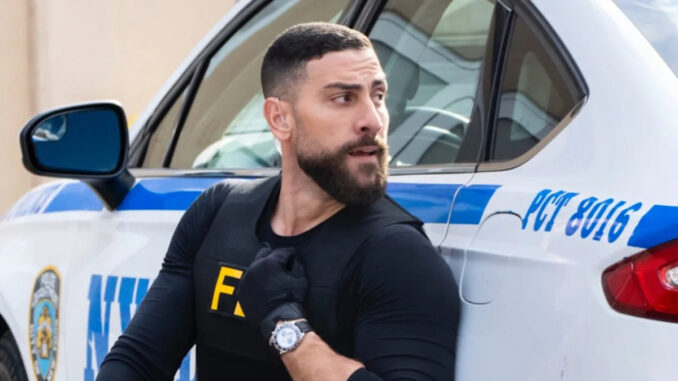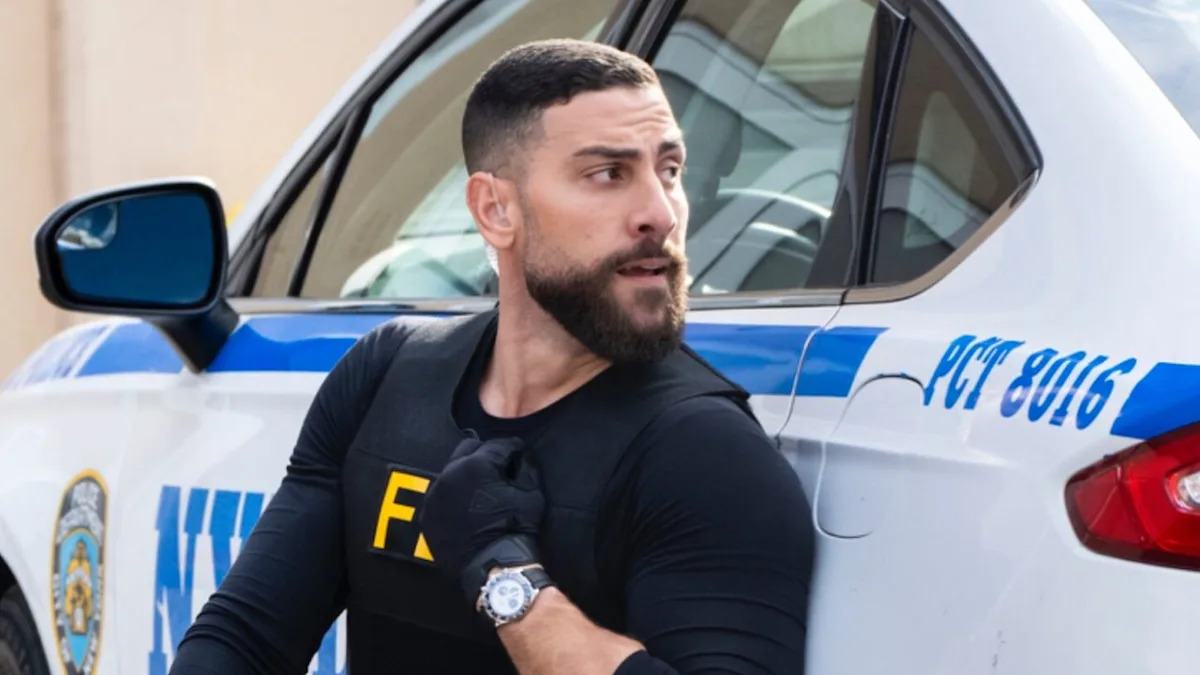
The Crucible of Identity: Why Season 8 Could Forge OA’s Defining Narrative
The world of FBI thrives on high stakes, intricate plots, and the relentless pursuit of justice. But beneath the surface of explosive casework and rapid-fire investigations lies the beating heart of the show: its characters. Among them, Special Agent Omar Adom “OA” Zidan, brought to life with compelling gravitas by Zeeko Zaki, stands as a figure of quiet strength and profound complexity. For seasons, audiences have witnessed OA navigate the demands of his job, the nuances of his faith, and the echoes of his past. Yet, as FBI looks towards Season 8, there’s a palpable anticipation that the series could finally deliver the kind of deep, character-defining storyline that not only an actor dreams of, but that a character like OA truly deserves. This isn’t just about a new case; it’s about pushing OA into a crucible that fully illuminates the man behind the badge, transforming him from a capable agent into an indelible force.
For years, OA’s backstory has been woven into the fabric of the show through tantalizing glimpses: his time as a Ranger in Afghanistan, his unwavering Muslim faith in a post-9/11 world, and the inherent tension between his personal convictions and the often-uncompromising dictates of federal law enforcement. These elements, while present, have often served as subplot seasoning rather than the main course of his narrative journey. We’ve seen him grapple with PTSD, confront anti-Muslim prejudice, and balance his professional partnership with Maggie Bell. But a “dream storyline,” as Zeeko Zaki might envision it, isn’t just another challenge; it’s an existential reckoning, a sustained arc that forces OA to confront the very foundations of his identity and beliefs in an unprecedented way.
Imagine a scenario where OA isn’t just solving a case, but is the case. Perhaps a ghost from his past – a former comrade from his Ranger days, believed lost or dead, resurfaces as a figure tied to a domestic terror cell or an international criminal network. This isn’t just a suspect; it’s a mirror reflecting a path OA himself might have taken, a stark reminder of the choices that defined him. The illustrative power of such a narrative lies in its ability to strip away the FBI uniform and expose the raw nerve of OA’s humanity. He would be forced to navigate the treacherous waters of loyalty versus duty, brotherhood versus justice, all while battling the ghosts of shared trauma and the heartbreaking realization of how easily ideals can be corrupted. The emotional toll would be immense, challenging his professional detachment and forcing him to rely on his deeply ingrained moral compass like never before.
Such a storyline would offer Zeeko Zaki a landscape of unparalleled emotional depth to explore. We could see OA’s usual stoicism crack under the weight of personal betrayal, revealing moments of profound vulnerability that have, until now, largely remained hidden. Picture a scene where he revisits an old photograph of his unit, the faces of comrades now haunting him in conflicting ways, or a tense interrogation where the lines between friend and foe are devastatingly blurred. His faith, too, would be put to the ultimate test. How does a man of deep spiritual conviction reconcile the actions of someone he once respected with the tenets of his belief system? Does he find solace in prayer, or does he wrestle with doubt in the face of such profound moral degradation? This narrative arc wouldn’t shy away from these complex questions; it would lean into them, providing OA with a journey of self-discovery that resonates far beyond the confines of a single episode.
Moreover, a storyline of this magnitude would profoundly impact his relationships, particularly with Maggie. Their partnership, already one of the most compelling on television, would be pushed to new limits as Maggie observes OA grappling with a crisis that strikes at his very core. Her role would shift from co-investigator to empathetic anchor, forced to understand and support a partner teetering on the edge of an emotional precipice. This dynamic would add another layer of illustrative depth, showcasing the strength of their bond not just in firefights, but in the quiet, agonizing moments of personal struggle.
Ultimately, Season 8 holds the promise of delivering more than just another season of FBI. It presents an opportunity to elevate OA’s character to iconic status through a storyline that is not merely exciting, but transformative. By delving into the heart of his past, challenging the foundations of his present, and forging a path for his future, the series can provide Zeeko Zaki with the dream narrative he deserves and give audiences an unforgettable journey into the soul of a hero. This crucible of identity, if explored with courage and conviction, could redefine OA Zidan, proving that the most compelling battles are often fought not with bullets, but within the confines of one’s own conscience.
